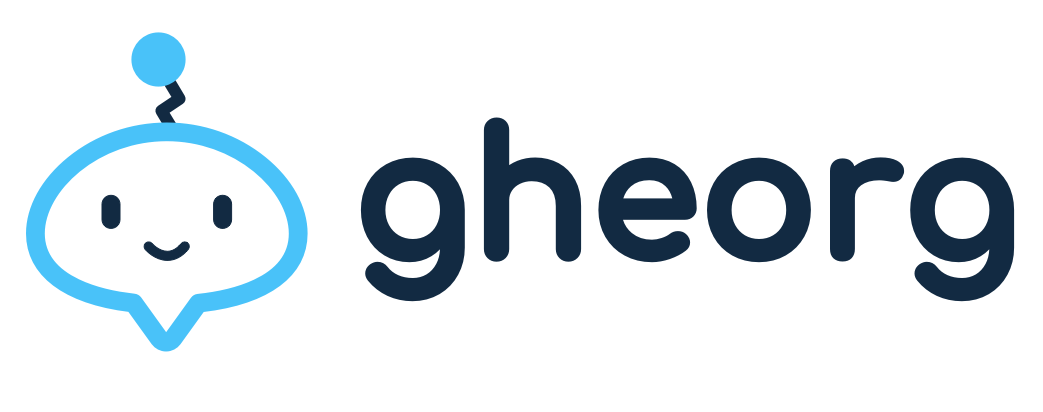Equipping our next generations with tools to thrive
How many of us as parents, teachers and caregivers, have come to the realisation we need to reprioritise how we manage our mental health?
As adults, we are now becoming well versed and aware at spotting the signs of burnout, overwhelm and disengagement.
In our current fast-paced and oftentimes overwhelming world, our biology is struggling to catch up with our reality. Bills, deadlines and responsibilities are often interpreted by our senses as a deadly sabre-tooth tiger snapping at our heels.
When we become stressed, our brains tell our bodies to go into fight, flight or freeze mode. Our physiology responds with the biochemical markers for stress, anxiety, and sometimes even depression.
This can lead to further negative impacts on our health.
It is no different for the gorgeous little people in our worlds. They too need to to understand their emotions and take care of their mental health.
Wouldn’t it be awesome to raise a generation equipped with the tools to thrive and overcome all of the tricky challenges that life throws their way?
We can’t speak for everyone, but here at Gheorg we want to live in a world where:
We feel better within ourselves
We can calm ourselves when we feel stressed
We can ask for help when we need it
When we have these things in place, we can present our best selves to the world.
And it starts with getting to understand ourselves.
Feeling anxious from time to time is normal. But when those feelings consume our days or lives, we must pay more attention to them.
If anxiety goes untreated in children, long-term they can have challenges with learning, friendships and their overall wellbeing.
Just as we adults must utilise tools to navigate stressors and build our resilience muscles, children can also learn and integrate helpful tools from a young age.
Here are just a few simple and accessible tools that you can begin implementing with your child now.
Breathe deeply
Deep breathing is undervalued and underrated. Breathing deeply allows our muscles to relax and our minds to feel calm. Taking just a few deep breaths (or a minute or two if we have the time) to focus on deep breathing can completely change how we feel.
Access simple breathing exercises via the Gheorg app.
Talk to someone
When we feel alone, feelings of anxiety can accelerate or feel much bigger than what they actually are. Sometimes kids just need someone to really listen to them and tell them it’s ok, they can get help with their problems and their stressors won’t last forever. Sometimes kids need to speak with a professional like a psychologist which can help them to better understand their mental wellbeing long term.
For further detail on what to look for when seeking professional help, read our guide on how to prepare to see a psychologist.
Find what works for them
Every child is different and each child copes with stress in different ways. And what worked last year might not work this year. Try to find a few go-to resources to support your child - which might be daily check-ins, a fidget spinner, weighted blankets, meditation, light therapy or particular music or phrases that can help them to calm themselves.
If you’re worried about what to say to a child with anxiety, read our cheat sheet with handy phrases for how to talk to kids about their challenging emotions.
Focus on what you can control
It’s easy to get overwhelmed in our fast paced world. When a child is feeling overwhelmed, try to understand them, and break the problem down so that they can take action on something small that they can control. This can shift their perspective and give them hope that things won’t be as stressful in future.
The world is changing rapidly, and upcoming generations could be dealing with things we never had to face. Despite our best efforts, our normal lives can still become inhibited at times because of anxiety. Thankfully, there are many attainable yet effective tools we can reach for to help ourselves feel better!
If you’re wondering about how to speak to kids about anxiety, read Gheorg’s suggestions here.
Want more tools to help your kids? Listen to Gheorg founder Dr Louise Metcalf share more about these tools on the Mum Life Podcast.
